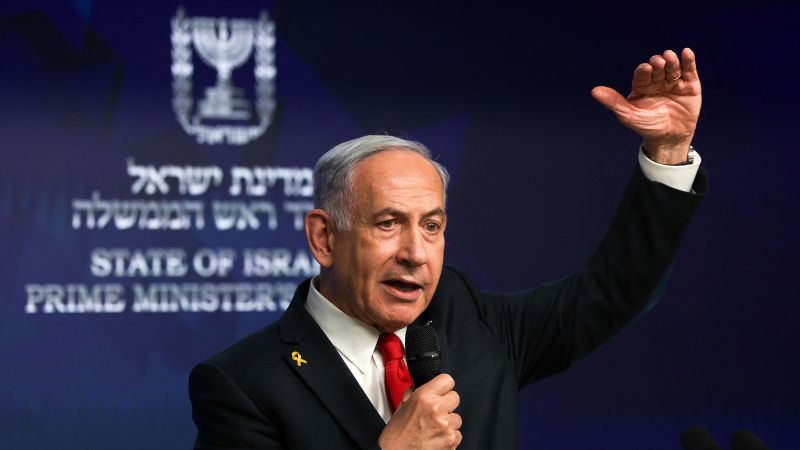Israel Strikes Houthi Targets in Yemen Amidst Tensions – First Action Since Israel-Iran Ceasefire

Israel Launches Strikes in Yemen, Marking First Action Against Houthis Since Israel-Iran Truce
In a significant escalation of regional tensions, Israel conducted its first strikes against Houthi targets in Yemen since the recent Israel-Iran ceasefire. The attacks, which occurred around midnight local time on Sunday night into Monday morning, targeted key infrastructure including ports and a power plant, sending ripples of concern throughout the region.
Strategic Significance of the Strikes
The Houthis, a powerful Iranian-backed militia group, have been a persistent thorn in the side of Israel and its allies. They control a significant portion of Yemen and have frequently launched attacks and threats against regional stability. These strikes are seen as a direct response to ongoing Houthi activities and a demonstration of Israel's resolve to protect its interests even amidst a fragile ceasefire with Iran.
Targeting Key Infrastructure
The choice of targets – ports and a power plant – suggests a strategic aim to disrupt the Houthis’ logistical capabilities and economic power. Ports are vital for the movement of goods and supplies, while a power plant disruption can cripple essential services and industrial operations. Analysts believe this targeted approach is intended to maximize impact while minimizing civilian casualties – although the potential for unintended consequences remains a concern.
The Israel-Iran Ceasefire Context
The timing of the strikes, occurring shortly after a ceasefire agreement between Israel and Iran, adds another layer of complexity to the situation. While the ceasefire aims to de-escalate tensions between the two nations, it does not explicitly address the activities of proxy groups like the Houthis. This raises questions about the scope and durability of the ceasefire, as well as the potential for further escalation in Yemen and beyond.
Regional and International Reactions
The strikes have drawn immediate reactions from regional and international actors. Neighboring countries are closely monitoring the situation, fearing a wider conflict. The United Nations has called for restraint and a return to diplomatic solutions. The United States, a key ally of Israel, has expressed its support for Israel’s right to defend itself, while urging all parties to avoid actions that could further destabilize the region. Iran has condemned the strikes as a violation of Yemen's sovereignty and a threat to regional security.
Future Implications
The long-term implications of these strikes are uncertain. They could lead to a renewed cycle of violence in Yemen, further exacerbating the humanitarian crisis. Alternatively, they could serve as a deterrent against future Houthi aggression, provided Israel can maintain its military pressure. The situation requires careful diplomacy and a concerted effort by all stakeholders to prevent a wider regional conflict.
What to Expect Going Forward
- Continued monitoring of Houthi activity and potential retaliatory actions.
- Increased diplomatic efforts to de-escalate tensions and find a peaceful resolution.
- Potential for further strikes if Houthi aggression persists.
- Heightened security measures in the region to protect vital infrastructure.






